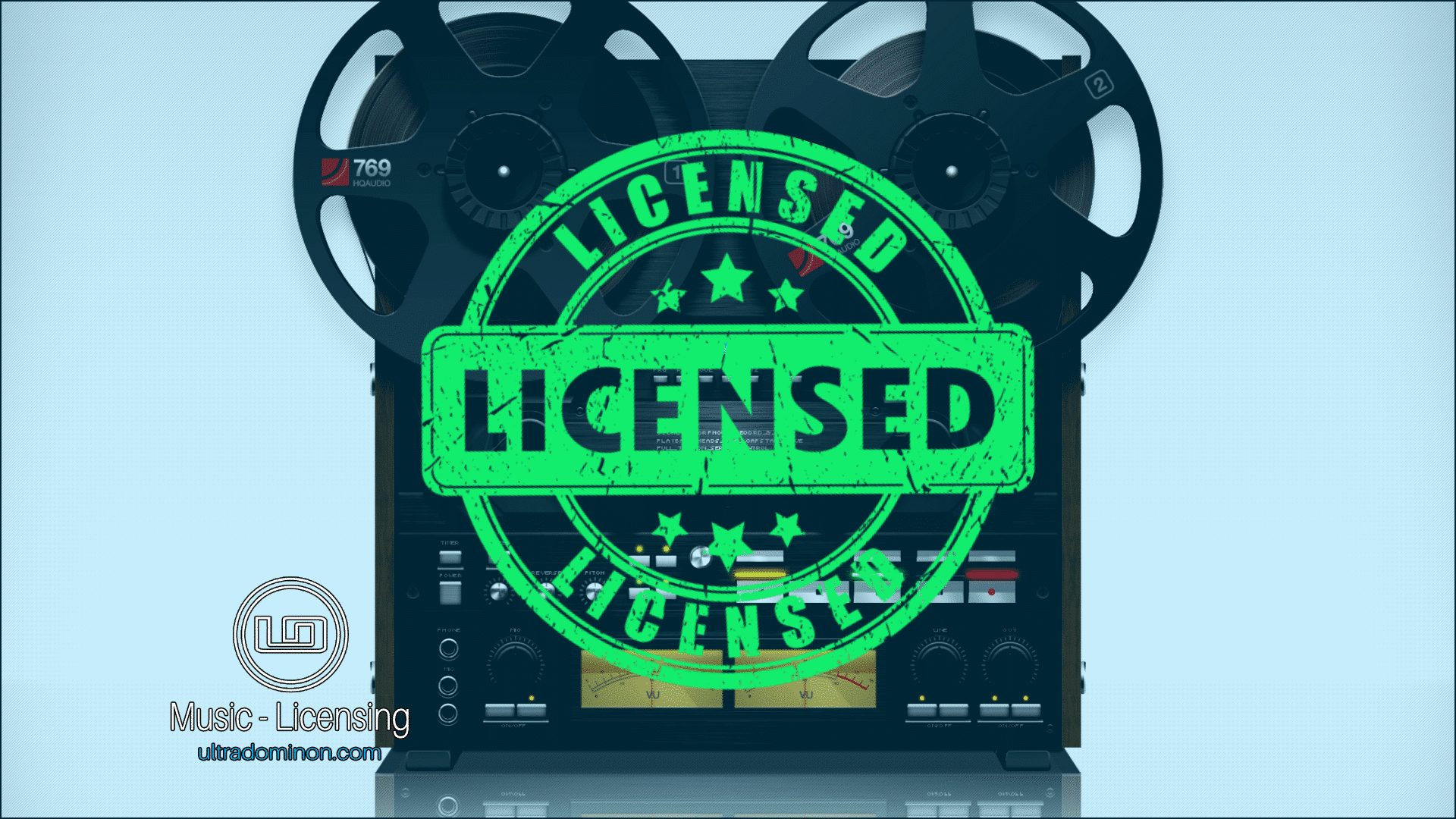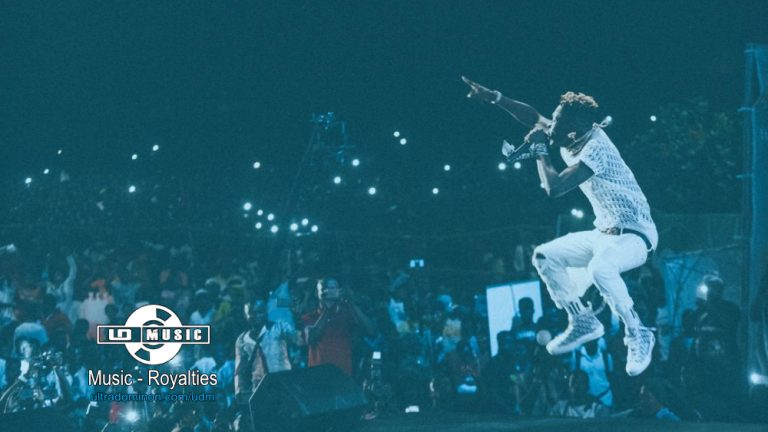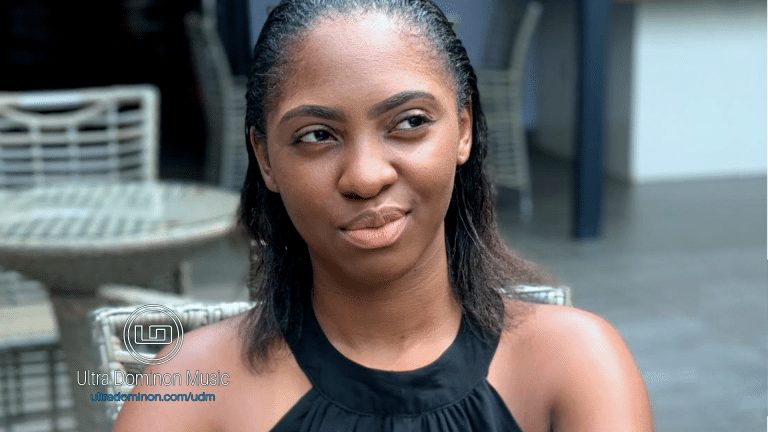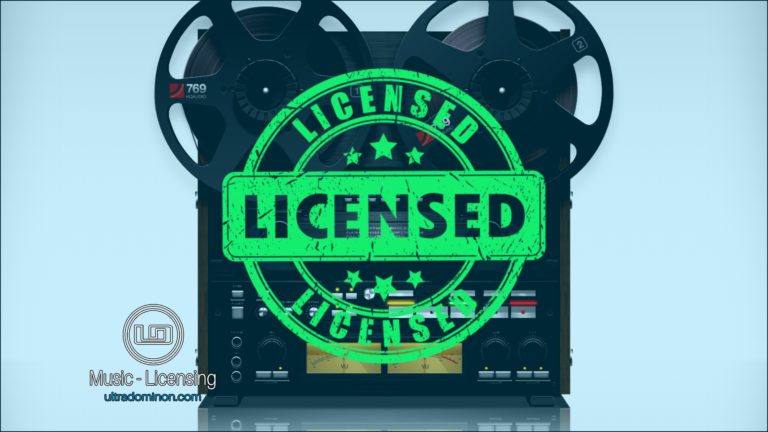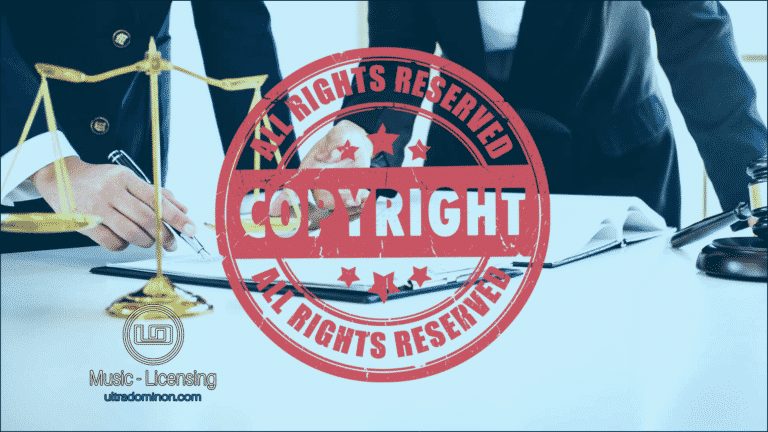Introduction
When you own the copyrights to a sound recording, you can give a legal permission to someone interested in using all or part of your composition in one way or the other. This is called licensing and it is intended to ensure that the owners of copyrighted musical works are compensated for certain use of their work. These compensations are called royalties and are a huge source of revenue to artists and labels. In general, a license is the right granted by a copyright owner or his/her agent for the recreation, performance or broadcast of a copyrighted work. Anyone purchasing a license to a sound recording has limited rights to use the work without a separate agreement. In this article, we are going to cover the different types of music licensing that exist to make sure you get a full understanding of the concept and be able to license your copyrighted music to generate income.
Mechanical License
A mechanical license is issued when someone wants to do a physical reproduction, manufacturing or distribution of music in a tangible form. This includes physical formats like CDs, vinyls etc as well as digital formats like streams and downloads. When someone streams your music on Spotify or Deezer, or when they buy a digital download from a store like your website, Bandcamp or iTunes, your composition is technically being recreated, and they need to get a mechanical license for this. This license might be paid in the form of streaming subscriptions or purchase fee for digital downloads. If you plan on recording a cover to someone’s music, you also need to get a mechanical license, even if you intend to use only a portion of the original music.
Synchronization (Sync) License
Sync licenses are licenses issued when a music is going to be paired with some form of visual media. It is called sync license because your sound recording is synchronized with the visual medium. Sync licenses have a broad range of uses, including commercials, movies, adverts, YouTube and more. It is worth mentioning that sync licensing also applies to YouTube videos of cover songs. So if someone records a cover of your song, they’ll need a sync license before publishing on YouTube. Most people, however, are not getting sync licenses for the music they use on YouTube. That is why YouTube came up with the concept of Content ID. With content ID, you don’t need to contact the defaulter directly if you don’t wish to. All you need to do is upload your video and allow YouTube to place a claim on it via Content ID.
Master License
As discussed under copyrights, you own the master rights to a song when you own the original recording. Master licenses are in general similar to sync licenses but not quite broad-ranging. In general, the master license gives someone the permission to use a prerecorded version of a song in a visual or audio project, but does not allow the user to re-record the song for the project (i.e. to cover or edit the song). Generally, a master license is issued in conjunction with a sync license.
Public Performance License
A public performance license is generally issued to any broadcast of an artist’s work. This is the most common form of music license issued today. It is issued to businesses who play music in their stores, restaurants, nightclubs, etc, broadcast in radio and TV or public performance in parties, concerts, etc. In general, it involves any form of public performance. Performing rights organizations (PROs) such as ASCAP, BMI and SESAC generally manage public performance licenses and issue music royalties to artists on a per-use basis. As a songwriter, you’ll want to wp-signup.php with PROs to be able to collect performance royalties.
Print Rights License
A print rights license is a license issued when someone prints a sheet music compilation or anytime the sheet music of a copyrighted work is reproduced.
Theatrical License
A theatrical license is a very specific form of written permission common in the theater industry. This license is required any time a copyrighted work is performed on-stage in front of an audience.

